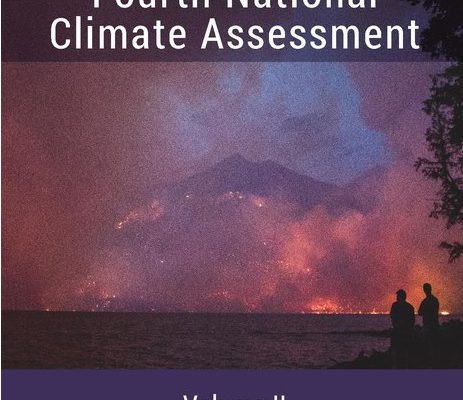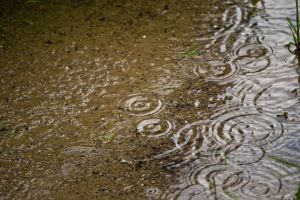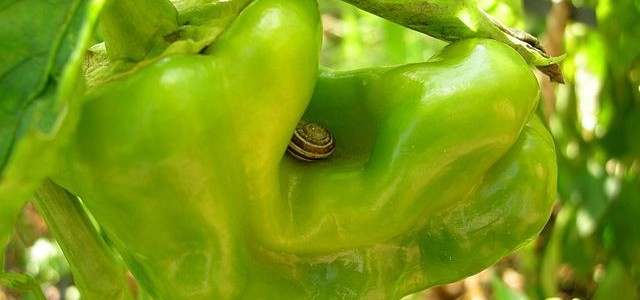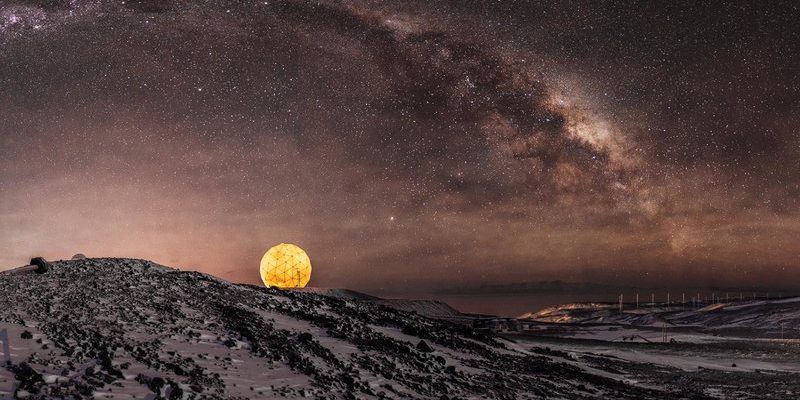Climate science
-

The Atlanta Journal-Constitution published an interesting article this week on the impacts of climate change on Georgia. The article is based on the newly released National Climate Assessment 4, which was released on Black Friday by the White House. The article notes that the most immediately threatened part of the state is the coastal communities…
Posted in: Climate science -

If you were busy last Friday shopping for Black Friday deals, you missed the release of the 4th National Climate Assessment (Part II), one of the biggest science news stories of the year. This report, which is mandated by Congress and released by the White House every four years, shows that the scientific evidence for…
-

We’ve just gone through an election with some pretty substantial changes to federal government and many changes at local and state levels as well. The politicians that were elected will be faced with the likelihood of having to put policies and regulations into place that have consequences for impacting climate, either in adapting to or…
Posted in: Climate science -

A recent study of daily rainfall amounts throughout the year published in Geophysical Research Letters shows that for a large part of the world, half of the annual rainfall occurs on just 12 days during the year, with the rest of the rain falling on days with smaller amounts (based on 1999 to 2014). This…
-

This week’s Georgia Climate Project Roadmap question addresses the need for more research on how human-induced changes in land use changes, urbanization, agriculture, and introduction of exotic species will affect native ecosystems and biodiversity. You can see all the Roadmap questions at https://roadmap.georgiaclimateproject.org/. 8. How will the effects of multiple human-induced stressors affect species distribution and…
Posted in: Climate science -

As temperatures continue to rise, people in Georgia will be exposed to more health challenges like tropical diseases, heat-related illnesses, and air and water quality issues. Although all Georgians will feel the impacts of these challenges, the poor, elderly and young will be especially affected. How can we build resilience in healthcare and public health…
-

A friend of mine just went to Antarctica to do field work on a set of weather stations down there that have to survive incredibly harsh conditions. It is now spring there and many scientists are headed that way to do their summer research. He is already finding that some of the stations received much…